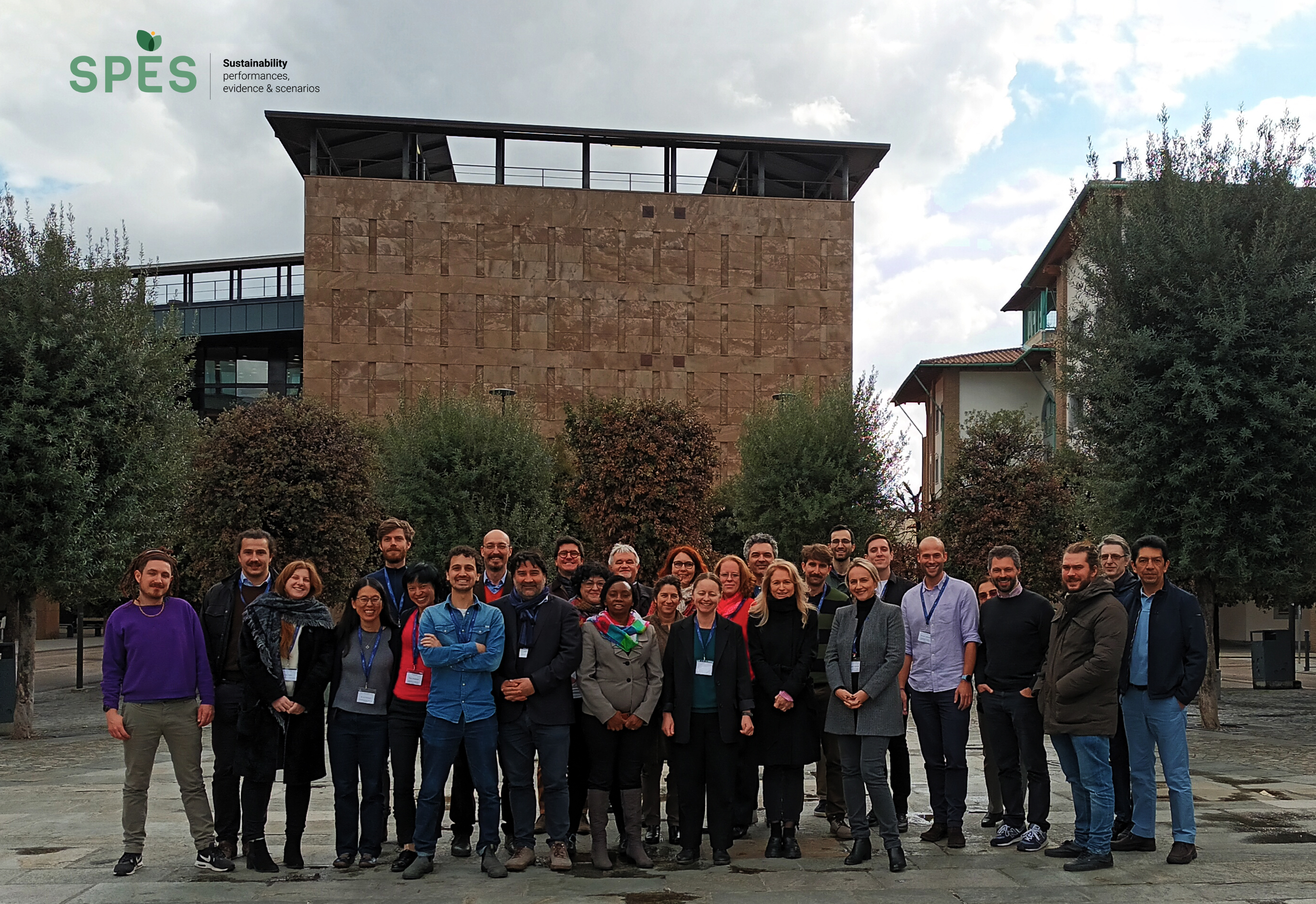How can productivity, equality, sustainability, and participation be reconciled in an integrated framework to help drive the transition towards sustainable human development in Europe?
SPES Sustainability Performances Evidences and Scenarios

SPES-Sustainability Performances Evidences & Scenarios is a European project, financed under the Horizon 2030 Research and Innovation Programme, that aims at better understanding the interconnections between economic growth, human flourishing, and sustainability.
How can productivity, equality, sustainability, and participation be reconciled in an integrated framework to help drive the transition towards sustainable human development in Europe?
SPES-Sustainability Performances Evidences & Scenarios is a European project, financed under the Horizon 2030 Research and Innovation Programme, that aims at better understanding the interconnections between economic growth, human flourishing, and sustainability.
The context
A growing consensus recognizes that economic growth does not inherently lead to social inclusion and environmental sustainability. Economic, social, and environmental policies in Europe are progressively characterized by a commitment to sustainable and inclusive growth, leaving no one behind. But to achieve this, there is a need for original concepts and evidence that can support European and global policies in the transition towards achieving sustainable human development.
The project
The SPES project will aim to bridge productivity and growth with inclusiveness and environmental protection, to ensure shared prosperity and wellbeing for all. It will do so by focusing on four pillars of sustainable human development:
- Productivity, defined as aiming for an efficient use of economic, human and natural resources through innovation;
- Equality for all, defined as fostering equal political, economic, social and cultural opportunities for all;
- Sustainability, defined as aiming to avoid, reduce, and adjust to climate change and ensuring the protection, restoration and improvement of the environment;
- Participation and empowerment, defined as enabling citizens, social groups and communities to be active agents of their future
The ambition is to equip policymakers with information that will guide their strategies for achieving sustainable human development, using new evidence about past, present and future performances of the sustainability transition
Policy Brief n°2
SPES research approaches will combine desk-based, quantitative, and participatory methods, while jointly performing literature and policy reviews, as well as statistical, case-study and scenario analyses.
The SPES project is expected to impact on policymaking and advocacy processes at different levels by reaching different target groups – EU policymakers; National / local policymakers; Qualified European and global stakeholders; Scientific community; General public – through appropriate tools, enabling the use of SPES results and outcomes.
The Local Development Unit has been involved by the University of Florence to coordinate the project. In particular, Researchers will provide an advanced theoretical and analytical framework on the nexus between growth processes and sustainability transition.
This framework will inform the conduction of all research activities throughout the project by providing a shared background to settle together the multiple facets of sustainability transition and offer policy and governance implications to reconcile multiple dimensions within policymaking processes.
The partners











